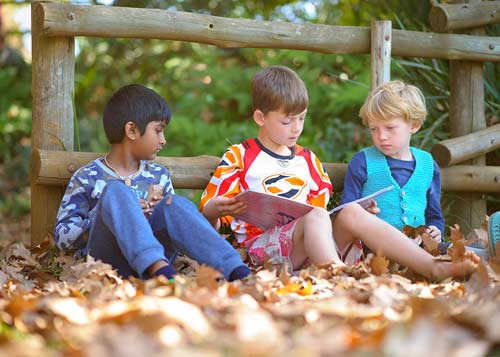

Our History
Our School was founded in 1985 by a group of six families and three teachers.
LEARN MORE
Teacher Training
A 3-year course for teachers, prospective teachers, parents and individuals.
LEARN MORE
Latest News
A collection of news, articles, event reviews and information of happenings in and around our beautiful school.
South African Jockey Rachel Venniker Triumphs Internationally after Graduating from Waldorf School
Congrats to our Matric Department for their hard work in ensuring another year with a 100% pass rate.
Waldorf Schools teach literacy based on children’s natural developmental stages, so that they are taught as much as they are ready and able to learn, at the ideal age to be most receptive to what they’re learning.
The shape of a spiral highlights the importance of finding light in the darkness, in the process of walking your own spiritual journey, and the stages of birth and growth.
Roseway Waldorf has a multi-layered organisational structure which involves everyone from our teachers and other staff to parents and learners.
What parents are saying
Harold
"We are so grateful for Roseway Waldorf School. Our son has thrived in their nurturing environment and has developed a love for learning that we never thought possible."
David and Lisa
"Our daughter has been attending Roseway Waldorf School for the past two years and we couldn't be happier with her progress. The teachers are attentive and caring, and the curriculum is engaging and challenging."
Claire
"Our son has attended Roseway Waldorf School since kindergarten and we have seen him grow into a confident and compassionate young man. The Waldorf Curriculum has provided him with a well-rounded education that has prepared him for the future."
Amazing things happen to your children
Come and talk to our passionate teachers and dedicated staff to find out "Why Waldorf?"


